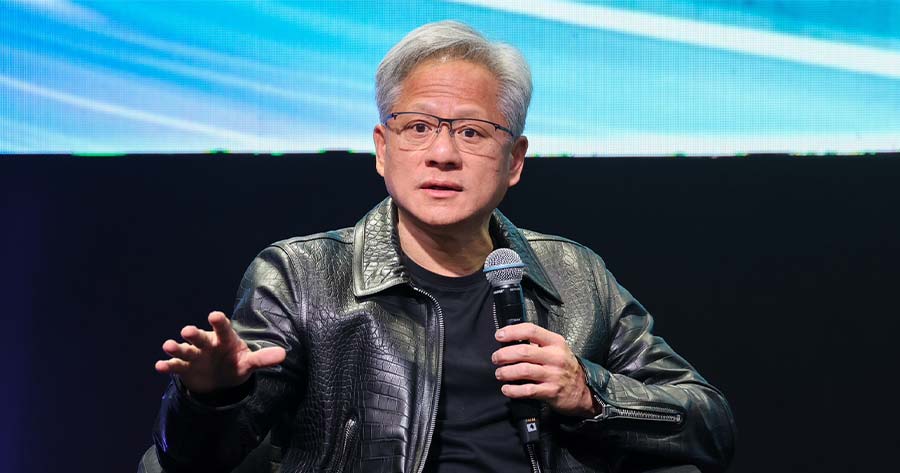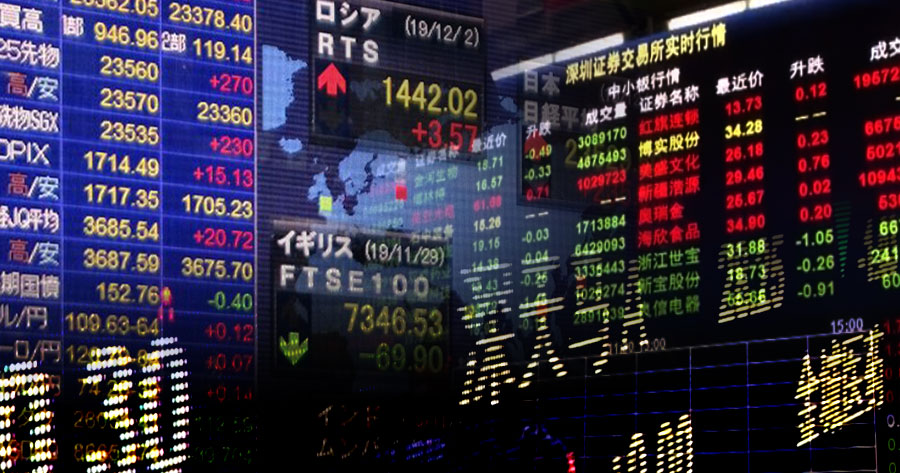Nvidia’s Chief Executive Officer Jensen Huang underscored the company’s commitment to China, describing it as a “very important market” during a high-level meeting in Beijing, even as new U.S. export controls cut off access to its only remaining legal AI data center chip, the H20.
In talks with Ren Hongbin, chairman of the China Council for the Promotion of International Trade, Huang expressed Nvidia’s intent to continue its partnership with Chinese customers, according to statements aired by state broadcaster CCTV. Nvidia hopes to continue to cooperate with China, Huang said.
The visit by Nvidia’s CEO comes as Washington tightened export rules, banning shipments of the H20 chip to China and introducing heightened uncertainty for the country’s tech giants.
Major Chinese internet players had been expecting H20 hardware deliveries by year-end but now face the prospect of delays or outright cancellations as new U.S. rules take effect.
On Wednesday, Nvidia announced a possible financial charge of $5.5 billion following the U.S. government’s decision to restrict exports of its H20 chips to China.
The U.S. aims to maintain its competitive edge in the AI industry by imposing export controls on advanced technology, preventing these cutting-edge chips from reaching Chinese shores.
On the back of these restrictions, Nvidia has been working meticulously to engineer chips that marginally escape U.S. export limits.
Nvidia’s H20 chip represents the pinnacle of its offerings available in China, a crucial asset as it engages with the country’s thriving AI industry.
Although slower in training AI models compared to chips available elsewhere, the H20 holds a competitive edge in inference tasks, which are increasingly dominating the AI chip market, a development that Huang has claimed positions the company to lead this market transition.
Nevertheless, the U.S. government has spotlighted the H20’s potential use in supercomputer construction as too risky, noting its superior memory and connectivity features.
Such capabilities are subject to stringent controls, as regulated by policies since 2022.





